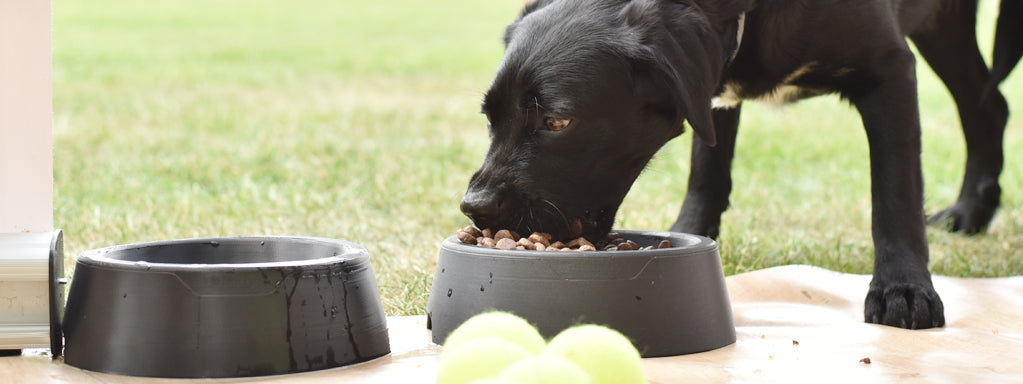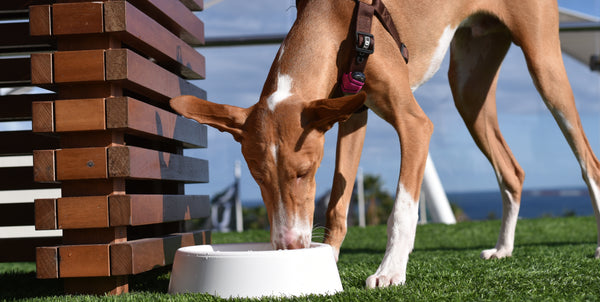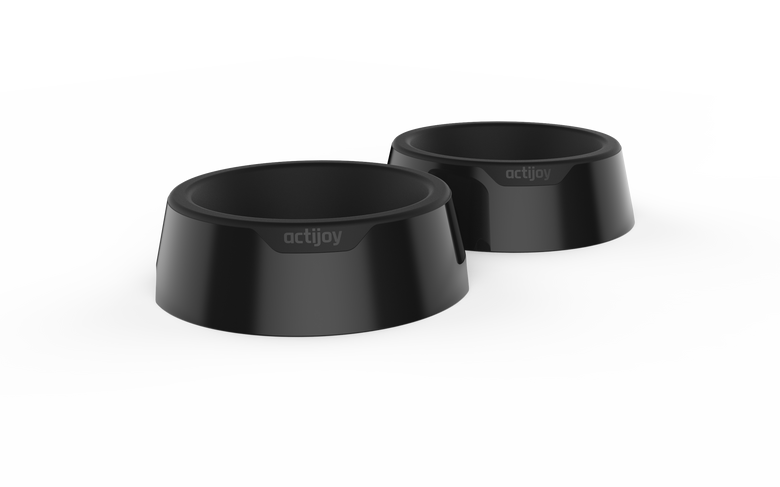Is Overfeeding a Dog Considered Animal Abuse?
In a world where nearly everyone has a complicated relationship with food, it can be easy to project our own feelings about sustenance onto our pets.

For many, food is synonymous with comfort and love, which is why humans tend to overfeed their pets. But, is overfeeding a form of animal abuse? Here, this question will be discussed.
What is the Definition of Overfeeding a Dog?
Dogs are unlike humans in many aspects, especially in terms of eating and survival. While a human consumes food for social and enjoyment purposes, dogs are hard-wired to only consume food for maintaining existence. However, since canine ancestors had to hunt and forage for their food, they were conditioned to eat when food was abundant, even if they were not hungry. Therefore, overfeeding refers to feeding beyond what is necessary for the dog to survive and thrive.
What are the Health Consequences of Overfeeding a Dog?
When a dog is overfed, the animal easily begins to gain weight. A dog is considered obese when it weighs more than 20% of his or her ideal weight. Obesity leads to many disorders in dogs, including diabetes, kidney and liver failure, arthritis, decreased energy, and a shortened lifespan. While obesity is most likely to bring about these diseases, even being 5 – 15% overweight can drastically affect a dog’s quality of life.
What are the Quality of Life Consequences of Overfeeding a Dog?

Dogs are genetically predisposed to living active lifestyles, and being overweight limits their ability to run, jump, and play. When a dog is overweight, he or she can suffer from numerous metabolic disorders that affect an animal’s energy levels. For dogs that develop secondary disorders, such as diabetes, a lifetime of needles and veterinary visits can feel like torture.
How Much Food Should a Dog Eat Every Day?
Determining how much food your dog should consume per day is simple. First, use the label on the dog food bag or can as a guide.This recommendation will provide a good estimate. Next, monitor your dog’s body condition. Ideally, you should be able to feel your dog’s spine when you run your fingers along his or her back, and observe a noticeable “tuck up” where your dog’s stomach is distinct from his or her chest. When viewing your dog from above, he or she should have an hour-glass shape. Adjust your dog’s food accordingly if he or she gains or loses weight based on the manufacturer’s food recommendations. If your dog is a senior (8+ years old) purchase a senior dog food formula, which will have fewer calories for a slowing metabolism.
Limit your dog’s access to treats, or make healthy swaps to keep calorie counts down. For instance, instead of giving your dog pieces of cheese, give your pet cooked carrots or green beans.
Ultimately, overfeeding a dog can be considered animal abuse because it can lead to a myriad of health problems as well as decreased quality of life. The guidelines presented here can help a dog owner determine how to avoid overfeeding.
If you like this article you may also like articles about right feeding your dog! Don’t forget to subscribe to our blog!




